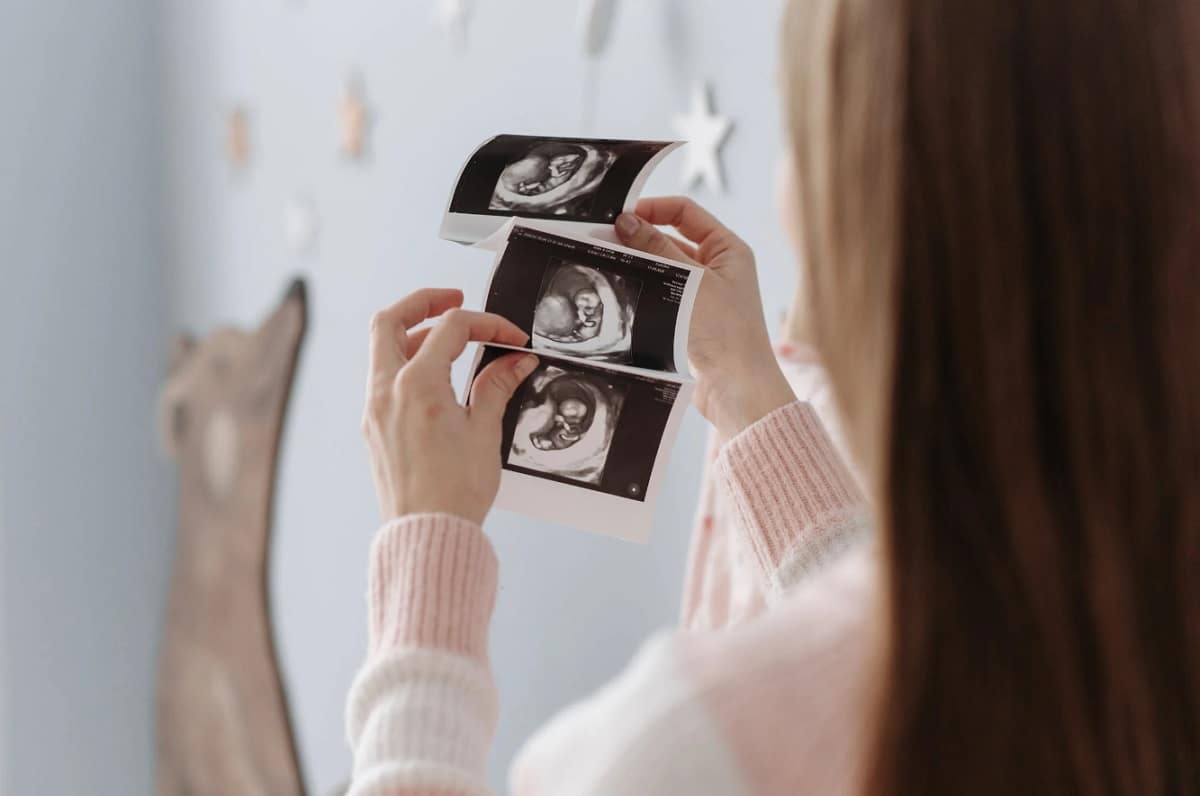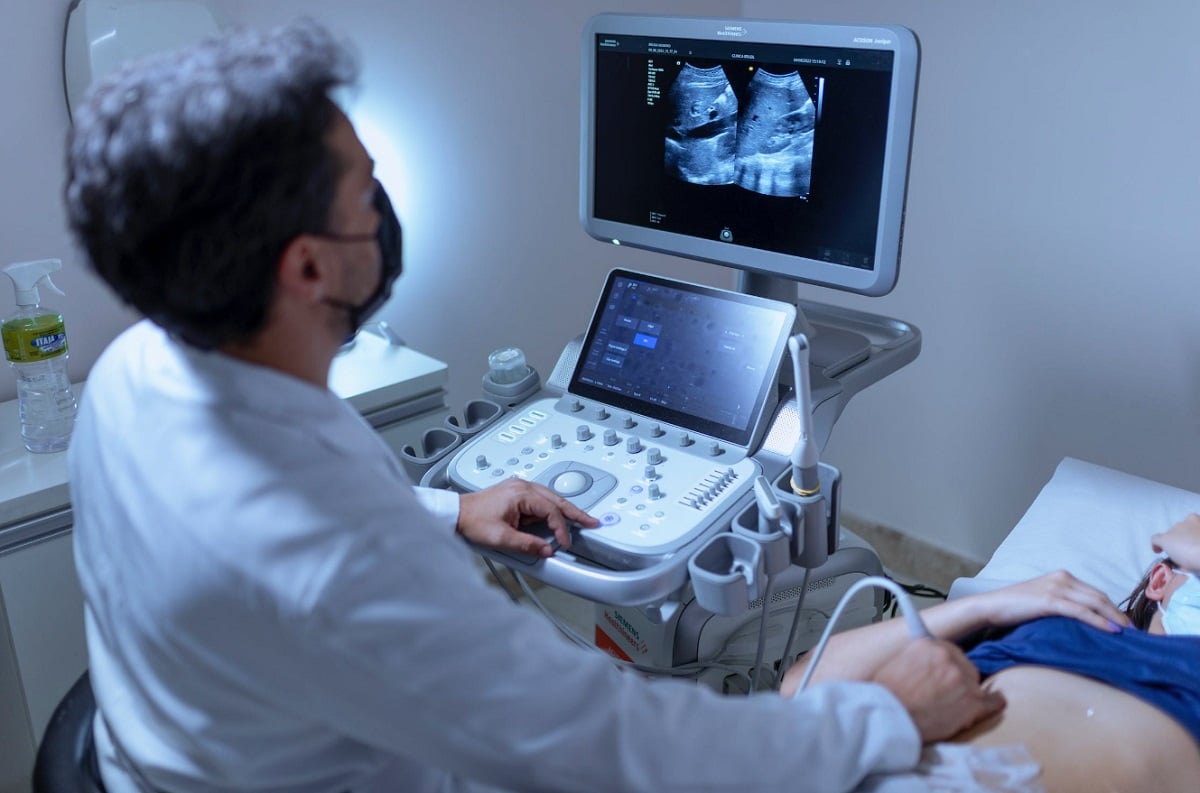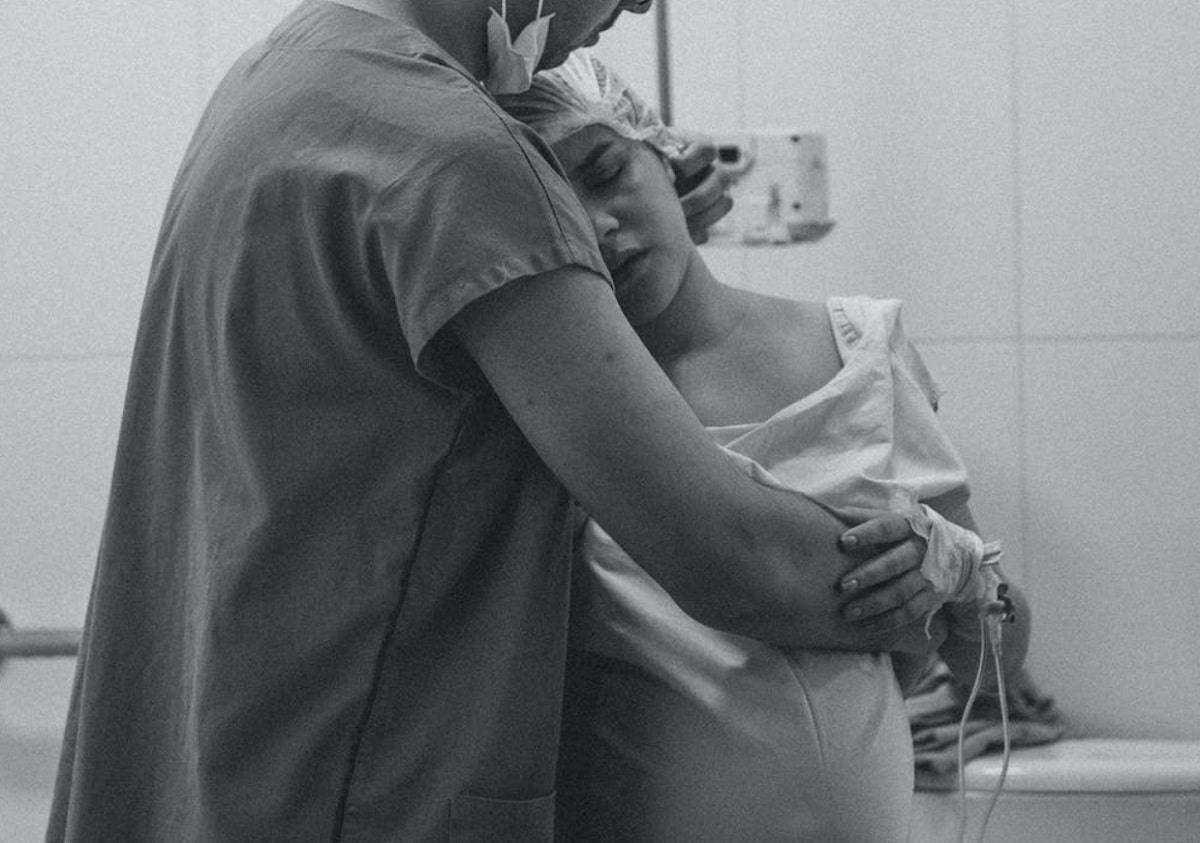
Surely you have heard about the placenta and if you have been pregnant, even more. It can be said that the placenta is a temporary organ that is formed during that pregnancy and that serves as a union or bridge between the mother and the fetus. It is located in the uterus and adheres to the uterine lining during pregnancy.
The placenta has several important functions during pregnancy and childbirth.. So it is time to let ourselves be carried away by all of them and get to know them in depth. Since surely you have wondered on more than one occasion, what the placenta is for. We will answer all your doubts and questions. Are you going to miss it?
Provide food and oxygen to our baby
Without a doubt, it is one of the most important jobs you have because is responsible for providing food and oxygen to the fetus through the blood circulation. The placenta acts as a filter, allowing nutrients and oxygen to cross the placental barrier and reach the baby, while at the same time preventing the transmission of certain toxic substances and pathogens. So it will take care of our little one at all times and of course, also their mothers.

The placenta removes waste from the fetus.
Sometimes we wonder where the waste produced by the baby goes, well, we already have the answer. The placenta also plays an important role in removing waste produced by the fetus. These waste products, such as carbon dioxide and ammonia, are eliminated through the mother's bloodstream and then by the mother's body. That is to say that again, the placenta is in charge of helping all this process. It nourishes and gets rid of what is no longer useful, so they are two of the great tasks to take into account.
produces progesterone
During pregnancy, the placenta produces a hormone called progesterone, which is necessary to maintain the pregnancy and prepare the mother's body for childbirth. It is also in charge of producing other hormones, such as the pregnancy hormone (HCG), which increases considerably during the first weeks and until the first trimester of pregnancy. But in the placenta we also find another production of hormones such as (HPL) that will be the one that stimulates the mammary glands. Without forgetting about estrogen, which although its source is the ovaries, the placenta also plays a fundamental role at this time of pregnancy.

The placenta protects our little one from all kinds of toxic substances
It's almost unbelievable but true. It also acts as a protective barrier between the fetus and the mother. During pregnancy, it helps protect the fetus from certain pathogens and toxic substances which can be harmful to the unborn baby. However, there is also a risk that certain diseases or conditions could affect the placenta and therefore the fetus. Some of these conditions include placenta previa or abrupto (placental abruption). But broadly speaking we can say that it does have that protection job, regardless of the fact that sometimes it does not become 100%.
Now you know what the placenta is for and, as a summary, we have seen that it is a vital organ during pregnancy that provides food, oxygen and waste disposal to the fetus. In addition to protection and production of important hormones for pregnancy and childbirth. Although temporary, is essential for development and survival of our baby So we owe him a lot, even though sometimes we don't really know everything he does for us.